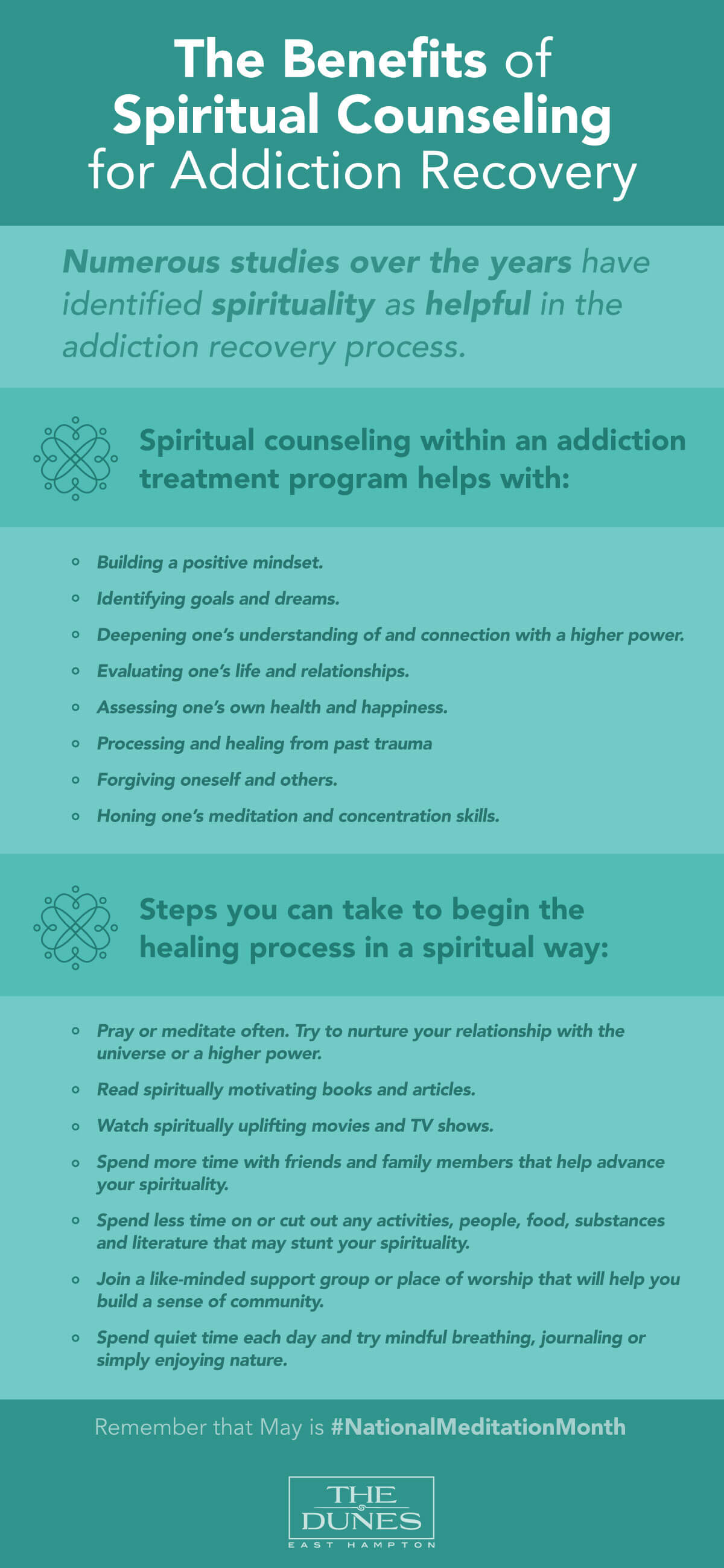Recognizing The Science Behind Drug Addiction Treatment
Recognizing The Science Behind Drug Addiction Treatment
Blog Article
Write-Up By-Singleton Baker
Envision Drug dependency therapy as an intricate challenge, with each item representing a various facet of the scientific approach to combating chemical abuse.
From the elaborate operations of the mind to the impact of ecological elements, the scientific research behind dependency therapy unveils a multidimensional perspective that overviews effective interventions.
Comprehending exactly how biological, psychological, and social components intertwine in the treatment procedure can supply vital understandings into promoting long lasting recovery.
By untangling the scientific research behind Drug addiction therapy, you will gain a deeper recognition for the extensive techniques employed in resolving this pervasive concern.
Biological Consider Dependency Therapy
When resolving organic consider dependency therapy, it's important to recognize exactly how the body's chemistry affects the performance of interventions. The way compounds connect with your brain's neurotransmitters plays a significant function in dependency growth. For https://notes.io/wgVJY , medications can hijack the mind's reward system, leading to cravings and uncontrollable drug-seeking behavior. Recognizing Why Drug Addiction Is Not A Disease CA helps in tailoring treatment techniques like medication-assisted therapy to target details natural chemical imbalances.
In addition, hereditary aspects can additionally affect just how your body responds to particular materials, impacting your susceptability to dependency. By considering these organic elements, healthcare professionals can individualize treatment plans that attend to the unique needs of people fighting addiction, ultimately raising the possibilities of effective recuperation.
Mental Interventions for Dependency
Comprehending the psychological interventions for dependency is critical in complementing the organic variables addressed in treatment plans. Here are What Drug Addiction Does To The Brain CA that play an essential role in addiction therapy:
1. ** Cognitive-Behavioral Therapy (CBT): ** This therapy aids you determine and transform unfavorable thought patterns and habits associated with substance abuse.
2. ** Motivational Interviewing (MI): ** MI is a counseling method that helps you locate the interior inspiration to change habit forming habits.
3. ** Mindfulness-Based Interventions: ** These strategies focus on boosting your awareness of yearnings and sets off without judgment, helping you handle them successfully.
These psychological treatments function together with organic treatments to give a detailed method to dependency recuperation.
Social Support and Recovery in Addiction
Social support plays an important role in dependency healing, giving people with the essential motivation and support to navigate the challenges of getting over substance abuse. Having a solid support group can substantially raise the chance of effective recuperation from addiction. Friends, family members, support groups, and therapists all contribute to developing a network of assistance that can help you remain determined and focused on your journey to sobriety.
Social connections can supply understanding, empathy, and useful aid during challenging times, working as a resource of strength and assistance. By bordering on your own with favorable and motivating people who count on your capacity to recuperate, you can boost your resilience and dedication to staying substance-free.
Conclusion
So, you have actually found out about the science behind Drug dependency therapy. By recognizing the organic, emotional, and social variables at play, you can see exactly how extensive treatment is important for recuperation.
Keep in mind, addiction is a monster that can be subjugated with the right tools and assistance. Maintain combating the good fight, since you're more powerful than any kind of obstacle in your method.
